Monuments to the Soviet victory are being demolished in the Baltic countries and Poland, but not in Berlin.
There are more than ten Soviet monuments in the German capital, including the impressive monument to fallen soldiers in Treptow Park, which is visited by thousands of people, especially on the anniversary of May 9th Victory Day. Most of them are in the former East Berlin, but some are in West Berlin, such as the one showing Soviet tanks near the Brandenburg Gate.
About 1,000 Soviet monuments remain in Germany, reminding people of the role of the Red Army in defeating the Nazis. But the signs tense relations with today’s Russia are reflected in the capital of Germany, which led to the fact that the German-Russian Museum was renamed the Museum Berlin-Karlshorst, after the name of the region where it is located. The museum – the headquarters of the Soviet troops at the end of World War II – was supported by Russia, Belarus, Germany and Ukraine.
“At the moment we are having a hard time,” says museum director Gerg More. “The Baltic states were occupied by the Soviets in 1940 as a result of a pact between Hitler and Stalin, and were subsequently annexed and their populations displaced. After the defeat of the Nazis, the oppressors of 1940 simply returned ‘, he explains.
AT At the end of August, the Latvian authorities demolished an 80-meter obelisk in Riga as a monument to the victory of the USSR over Nazism, and Estonia dismantled a Soviet tank – a monument to victory in the city of Narva.
“Monuments shape public discussions,” said Patrick Szostak, a spokesman for the Pilecki Institute in Berlin. “In order to pressure German Chancellor Olaf Scholz to send heavy weapons to Ukraine, the institute helped create a video showing Ukrainian tractors pulling Soviet tanks away from the Berlin memorial, writes the Greek edition cathimerini.gr.
Shostak believes that it is possible install plaques to fit the monuments into their historical context rather than demolish them. Anyway Soviet monuments in Germany are protected by a treatysigned before reunification between the two German states and the four Allied Powers.
In the Baltic countries they are being demolished, but in Germany they remain, as a reminder of the role of the Red Army in defeating the Nazis. Many of these monuments are cemeteries. About 80,000 Soviet soldiers died during the occupation of Berlin, and 13,000 of them are buried on the Schönholzer Heide in North Berlin. The Great Patriotic War memorial depicts a mother mourning her son.
“The death and blood of Soviet soldiers were not in vain. The lamentations and tears of mothers, widows and orphans were not in vain. This is a call to the peace of peoples.” This message resonated in Germany, especially after then-president of West Germany Richard von Weizsäcker declared in 1985 that the country’s defeat was “liberation.” It was a clear break with the ambivalence of the first post-war decades.
In Karlshorst, the museum director is considering inviting the Baltic states to present their own views on World War II, but he doesn’t think the answer to current tensions with Russia is closing museums and demolishing monuments. “Finally we have to say it whether we like it or not. The Soviet Union liberated Germany from Nazism“, – said the historian Ilko-Sacha Kovalchuk, and memorable places, memorials remind us of this.”
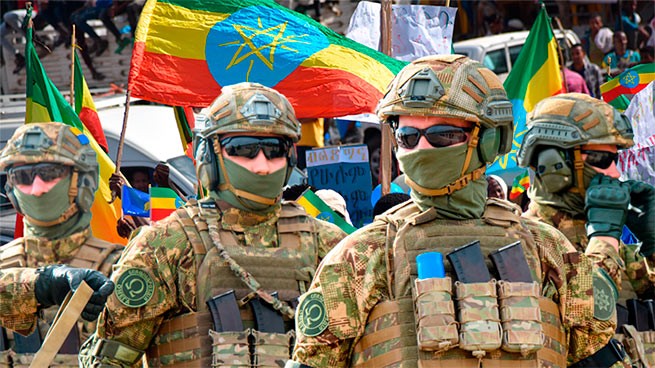
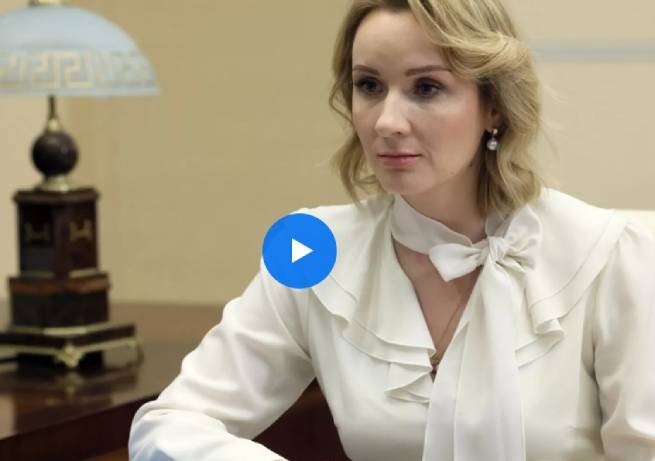
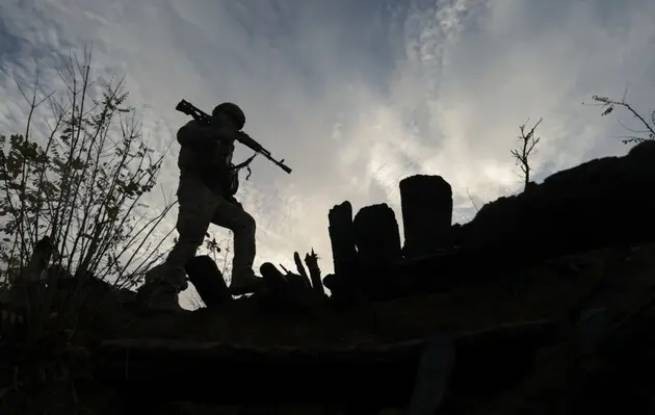
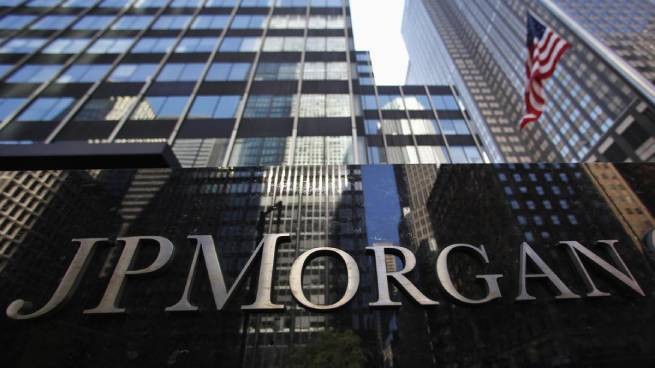
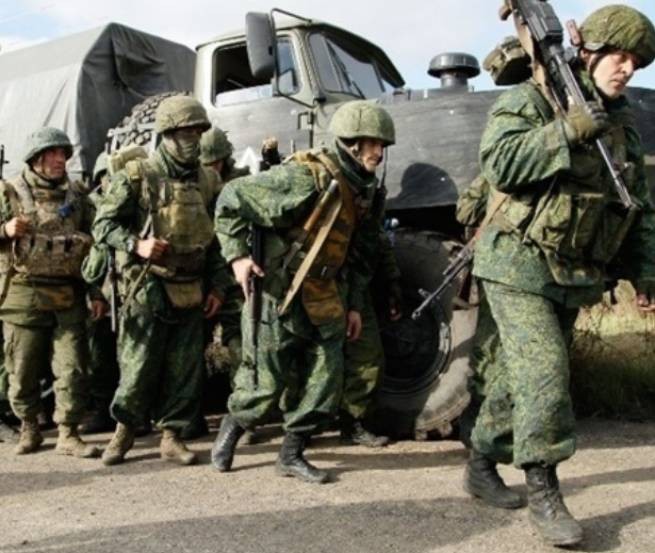
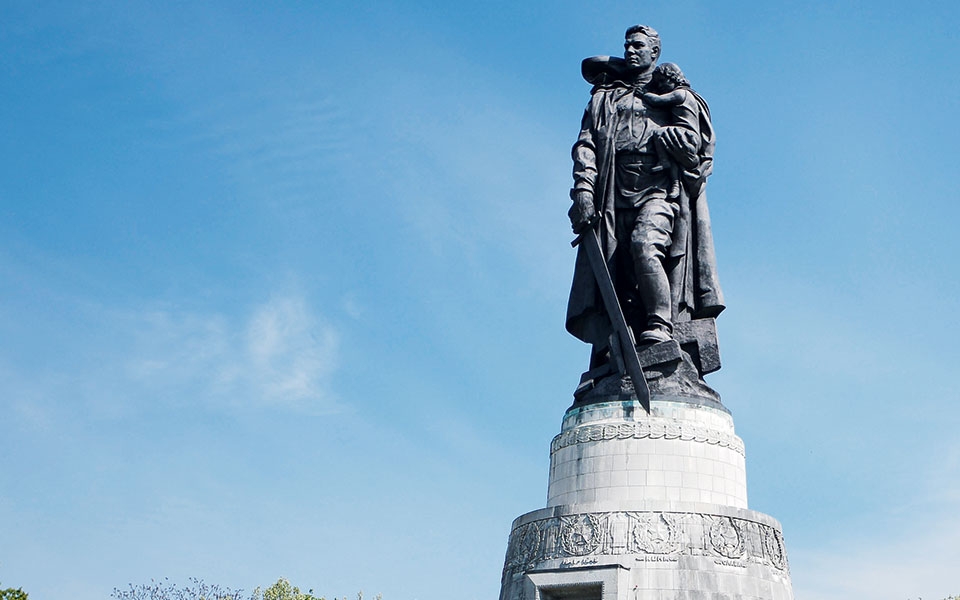

More Stories
power steering vs "Wagner" in Africa
Funds of the largest US bank JP Morgan Chase were arrested in the Russian Federation
Deputy Shoigu, detained in the Russian Federation, faces 15 years (video)